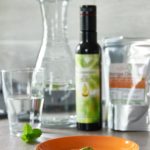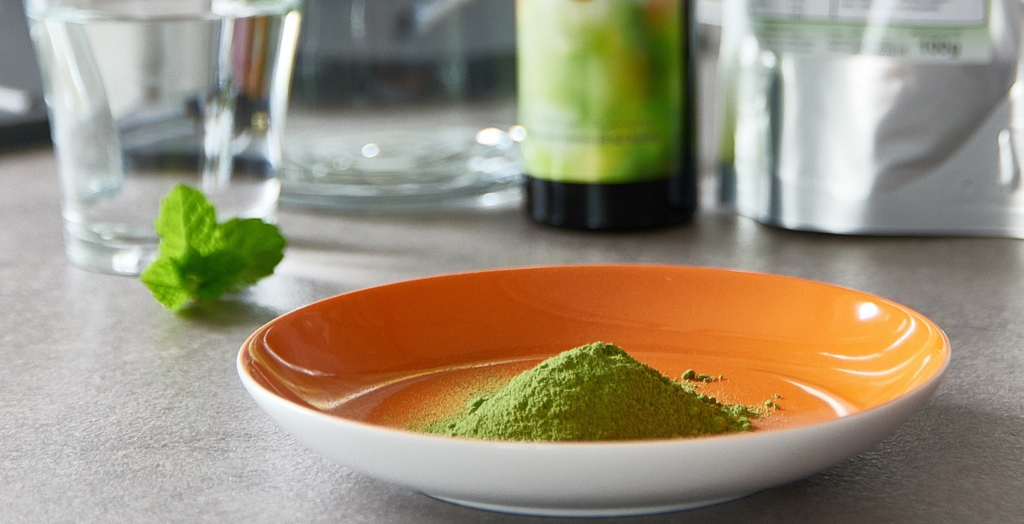[vc_row][vc_column][vc_column_text]
 One aspect of the food “functionality” that characterizes the numerous product innovations is the holistic approach to “superfruits” (such as, for example, for Moringa, Noni, Baobab, etc.). Superfruits or nutraceutical foods have a wide variety of uses. Due to the incredible versatility that distinguishes them, people can assimilate the beneficial properties of the “super fruits” both through ingestion and external use. It is therefore not surprising that the baobab is a full-fledged “superfruit”.
One aspect of the food “functionality” that characterizes the numerous product innovations is the holistic approach to “superfruits” (such as, for example, for Moringa, Noni, Baobab, etc.). Superfruits or nutraceutical foods have a wide variety of uses. Due to the incredible versatility that distinguishes them, people can assimilate the beneficial properties of the “super fruits” both through ingestion and external use. It is therefore not surprising that the baobab is a full-fledged “superfruit”.
We can give an example of the multitude of uses. Baobab is used as the main ingredient in preparing creams, oils, and powders for the body. It contains high amounts of vitamins (including six times the ascorbic acid content of oranges), many fibers, and essential amino acids. The reasons why some companies have decided to exploit their properties in cosmetics are, therefore, evident. It promises to repair cell damage very rich in antioxidants to defuse both the aging and degenerative processes.
Thanks to the high quantity of anthocyanins and flavones, it can regenerate even dry and dehydrated skin. Besides being an excellent source of copper, the baobab also allows essential contributions of mineral salts (such as calcium, iron, and potassium). Its fibers and probiotic principles promise to keep the intestine and, more generally, the entire digestive system efficient. It is also antipyretic, anti-inflammatory, antiviral, antibacterial, and hepatoprotective. In the countries where it grows, it is a sort of “ritual food” and it is mentioned in the studies of Claude Fischler.
Its fruit can “nourish” the body through the palate and the skin, scalp, etc. On the market, you can find the “Oro di Baobab” body cream under the “L’Erboristica” brand, which is entirely part of this new trend. Athena’s offers an organic Baobab oil that has anti-aging and regenerating characteristics. Rich in active substances, the “Confiture de Baobab,” produced in Senegal for the French brand Racine is a further example of this trend, which is progressively strengthening. In short, we face a complex phenomenon that marketing absolutely cannot ignore.
Therefore, it is necessary to approach the “superfruit” phenomenon that considers the advantages and potential of the product as a whole. We are dealing with foods that bring to mind the “magical thought” and the “principle of incorporation,” according to which one can increase one’s strength and improve one’s appearance by ingesting the object of interest. Therefore, future marketing has the task of grasping its overall image, the spirit of the superfruit, in terms that can be translated and understood by popular culture.
[/vc_column_text][/vc_column][/vc_row]
Loris Tirelli
Socio della società di ricerca Amagi, ha conseguito una laurea in Scienze Politiche alla Cattolica di Milano e una laurea magistrale in Marketing, Consumi e Distribuzione Commerciale presso lo Iulm di Milano.









